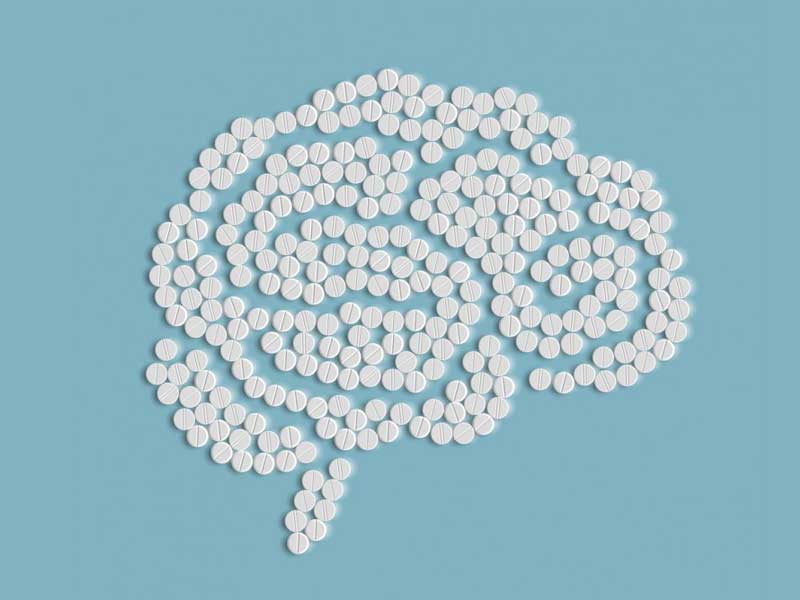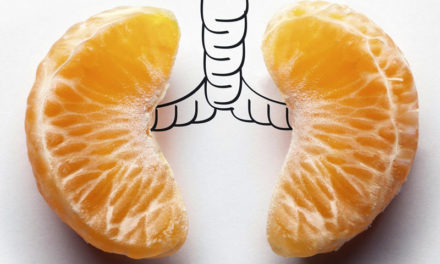Nootropics are supplements or drugs that improve cognitive function, memory, creativity, motivation or executive functions in healthy people. In spite its weird name, the word was implemented by a Romanian psychologist, Corneliu E. Giurgea, originating from the Greek language, the word “nous” refers to mind, and the word trepein means to bend or turn.
The supplements are being used by students who want to increase their productivity and get better results on their college education, who want to get that edge in front of their colleagues, sometimes at the cost of their health. The use is particularly spread in students attending academically competitive colleges. The habit is transmitted throughout the world, and recent surveys have shown that in the case of German students, 0.7-4.5% of them have used nootropics in college.
But what are the choices in habitual users? Some use ADHD stimulants; others prefer dimethyl amyl amine or methylphenidate stimulants. Taking a small amount of these substances can temporarily enhance cognitive capacity in normal individuals, making them more able to have better academic achievements, by studying longer and harder, rendering more focus, attention and ideas when working on a project.
Due to its widespread use and possible effectiveness, a meta-analysis of clinical research in humans was conducted that discovered certain stimulants have cognitive enhancing effects in low therapeutic concentrations. On the other hand, when taking them in high dosages, they cause cognitive deficits.
The primary substances cause a rise in dopamine levels and stimulate the pre-frontal cortex in humans. Every student has a broad range of choice when it comes to choosing his or her favorite nootropic.
Amphetamine medication such as Adderall or dextroamphetamine has been shown to improve cognitive functions such as inhibitory control, episodic memory, working memory and especially attention. Another study from 2014 demonstrated that small doses of amphetamine improve memory consolidation and task saliency in young students, referring to motivation to perform a task and especially tasks that require a lot of effort.
Eugeroics, namely armodafinil and modafinil, are wakefulness promoting agents. These drugs are prescribed for people with narcolepsy, sleep apnea or other sleep-related disorders. In a systematic review, they have been proven to improve reasoning, alertness and problem solving.
Xanthines, such as caffeine, as we all know, increases performance, alertness, memory. Children and adults who consume low quantities are more aware, yet a larger volume is required to achieve performance.
Nicotine, though widely spread and used as a relaxing agent, has been discovered to stimulate the receptors that have a role in fine motor abilities, alertness and attention orientation.
L-Theanine is an amino acid analog that has synergistic psychoactive effects that cause alertness, attention and task-switching, at least these are the consequences of the first hour after consuming the substance.
Parkinson’s disease medication, Tolcapone, is also used as a nootropic, particularly because it improves verbal episodic memory and episodic memory encoding if employed in small amounts by people who don’t suffer from this disease. Other medications that enhance memory and attention are Atomoxetine, which is usually given to people with Attention Deficit Disorder (ADHD), and Desipramine, an antidepressant which has similar effects in small doses.
Besides the above-mentioned prescription drugs, there are also nutritional supplements that can enhance memory or performance in tasks. Bacopa Monnieri is a herb sold as a dietary supplement that has been known to improve memory, although that is not the case every time. So is the case with Ginkgo Biloba, which is said to improve cognitive ability, although there is still a controversy whether or not it works.
There is a class of over-the-counter cognitive enhancers called racetams, marketed as piracetam, oxiracetam, aniracetam. Some say them nootropic is an understatement because they have weak mechanisms of action.
After a brief description of most nootropics and activities associated with their consumption, it is also wise to check out the side effects of these drugs if used excessively. Although there has not been enough data gathered to fill the whole spectrum of nootropics used for cognitive and attention enhancement, some have been looked into so show the extent of over-usage.
For example, racetams have few serious adverse effects and low toxicity, with little evidence that shows it can enhance cognitive abilities in people without cognitive impairments. Amphetamine and other similar stimulants can have dire consequences if over-used, such as nausea, cognitive deficits, anxiety or confusion. Dietary supplements can be even more confusing and can have a broad variety of effects, right or wrong since their efficacy is still a subject of debate.
So, when seeking academic performance in studying or just working on a project where you need extra help, the supplement market and creative use of ADHD or Parkinson’s disease medication can jump start your attention and your cognitive abilities just by taking a trip to your local pharmacy. But like any other drug or supplement, using it with moderation is advised.
Resources:






